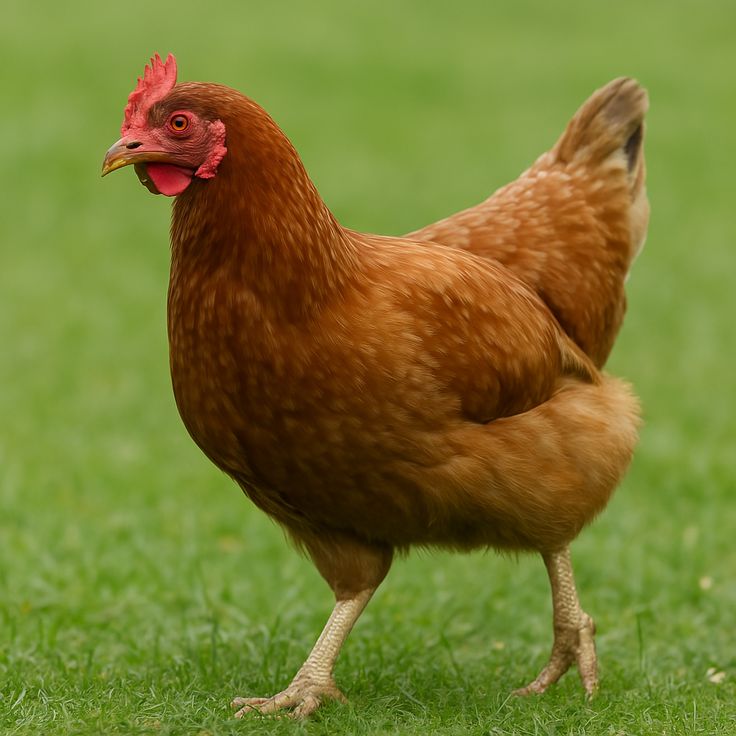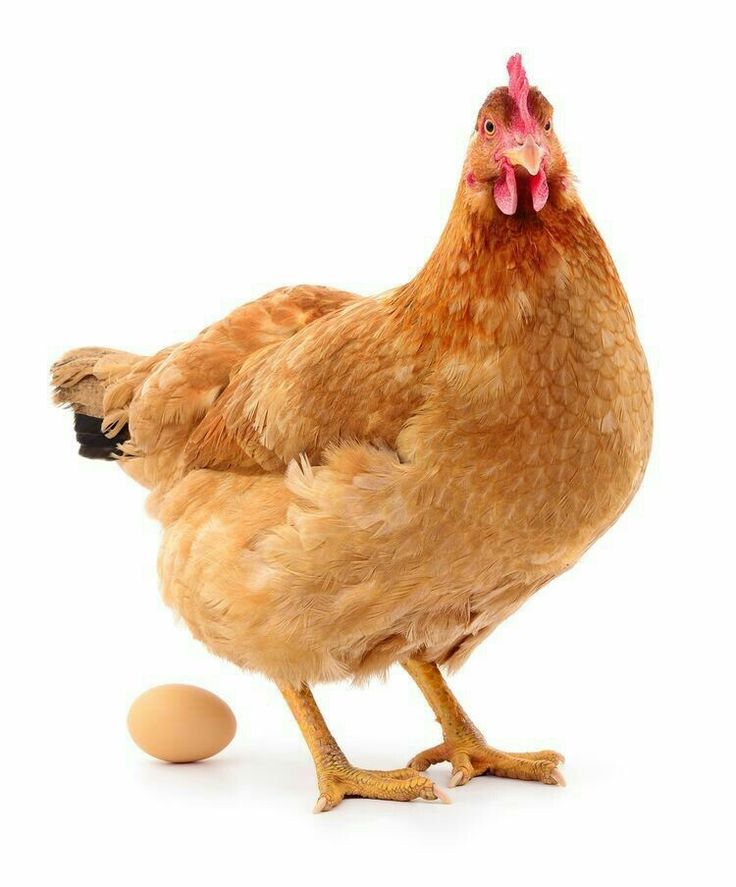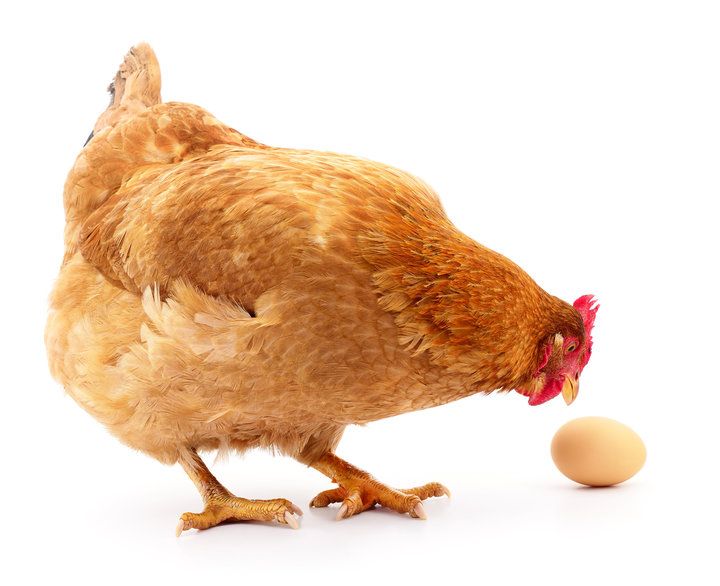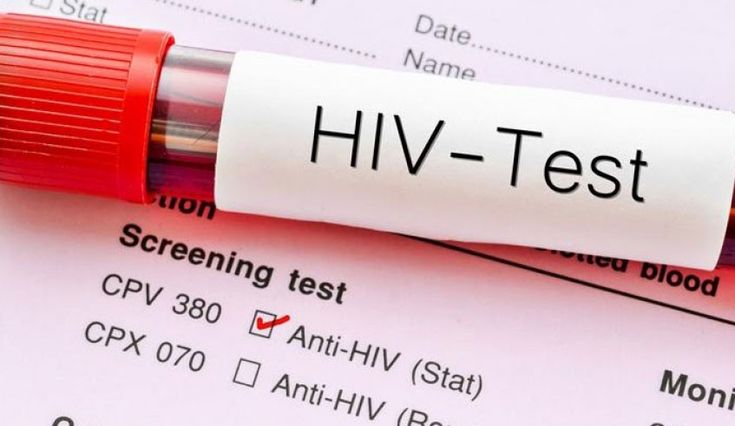Scientists have long debated the age-old question: which came first, the chicken or the egg? A breakthrough study from the University of Sheffield and the University of Warwick suggests that the chicken came first — at least in the case of modern chickens.

Researchers discovered that a protein called ovocleidin-17 (OC-17) is essential for forming eggshells, and this protein is only produced in the ovaries of hens. Without a hen to produce OC-17, the hard eggshell simply wouldn’t form, meaning a true chicken egg couldn’t exist without a chicken first.
“This research shifts the paradigm,” says Dr. Colin Freeman, lead author of the study. “The eggshell’s formation relies entirely on biological machinery unique to chickens. So in evolutionary terms, the chicken had to precede the egg as we know it.”

However, the answer depends on how we define a “chicken egg.” If we mean an egg laid by any creature, then eggs existed long before chickens — even dinosaurs laid them. Evolutionary biologist Dr. Mary Stoddard notes:
“Eggs predate chickens by hundreds of millions of years. But the specific chemistry of a chicken egg? That’s a different story. It’s a reminder that evolution works in layers, not leaps.”
So where does this leave the debate? Philosopher of science Dr. Alan Turington offers this insight:
“The chicken-and-egg dilemma isn’t just biology—it’s about how we categorize the world. Science gives us answers, but the question itself teaches us to think critically about origins and definitions.”
It’s a fascinating blend of biology, evolution, and philosophy — with cutting-edge science leaning in favor of the bird.






